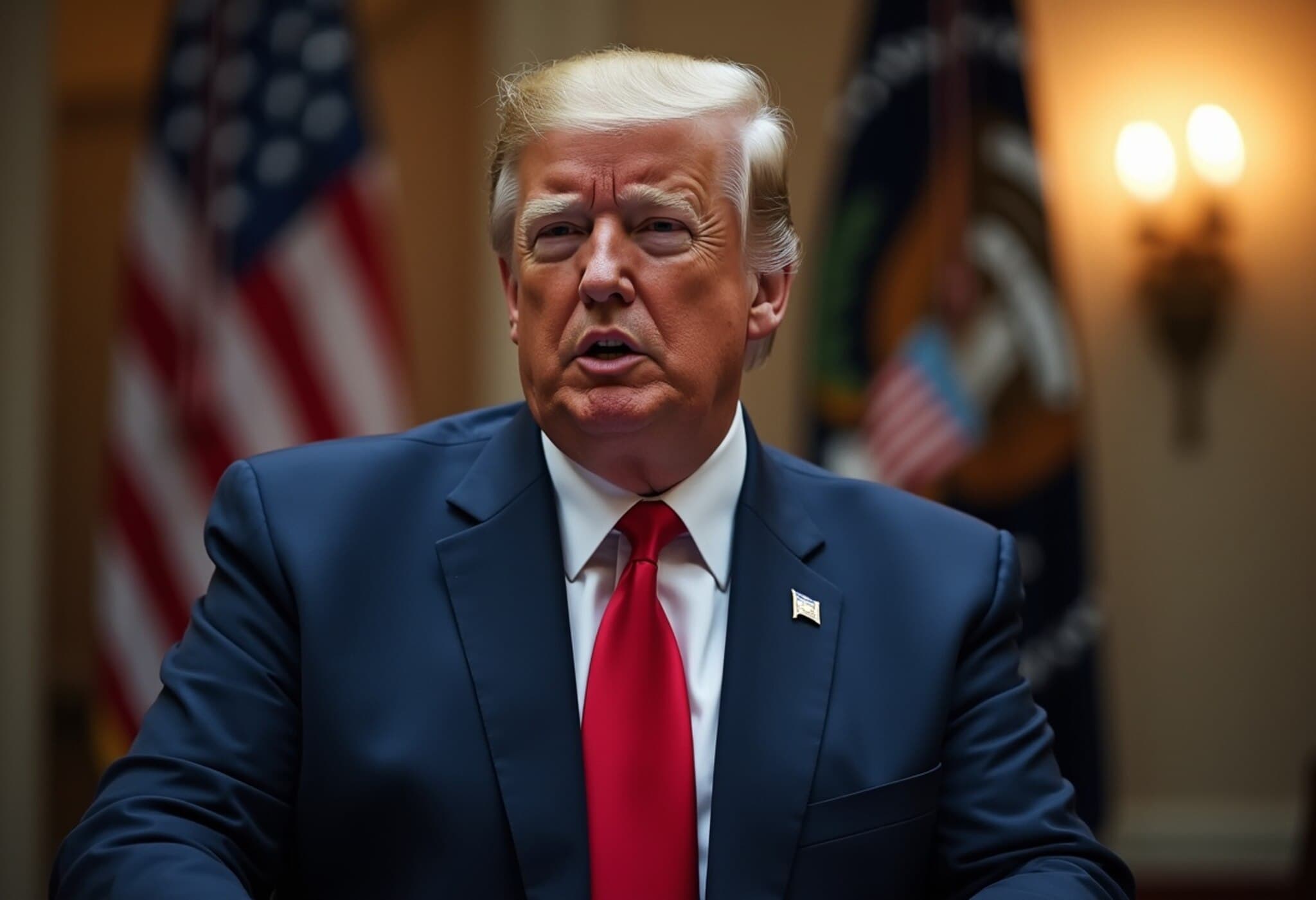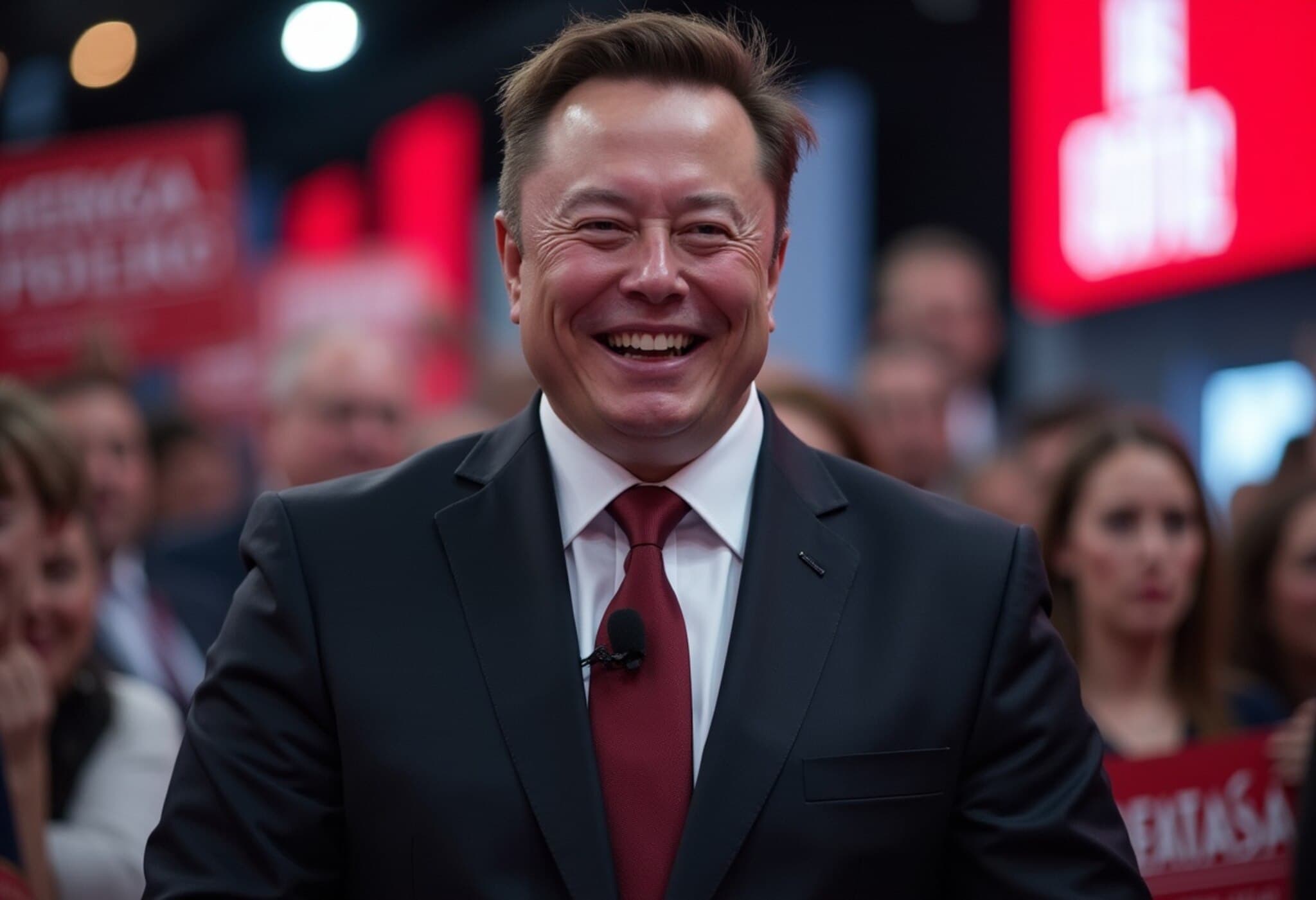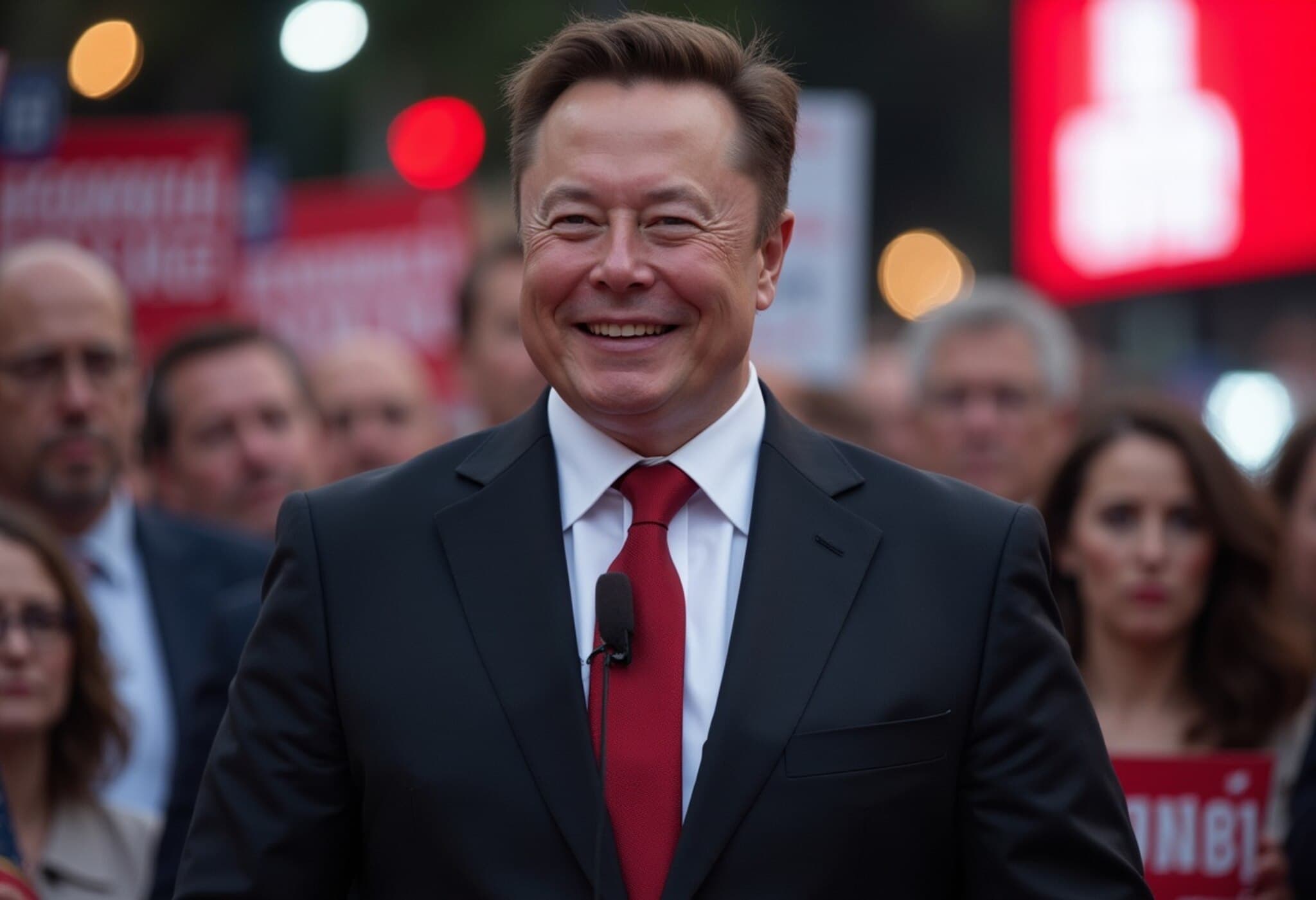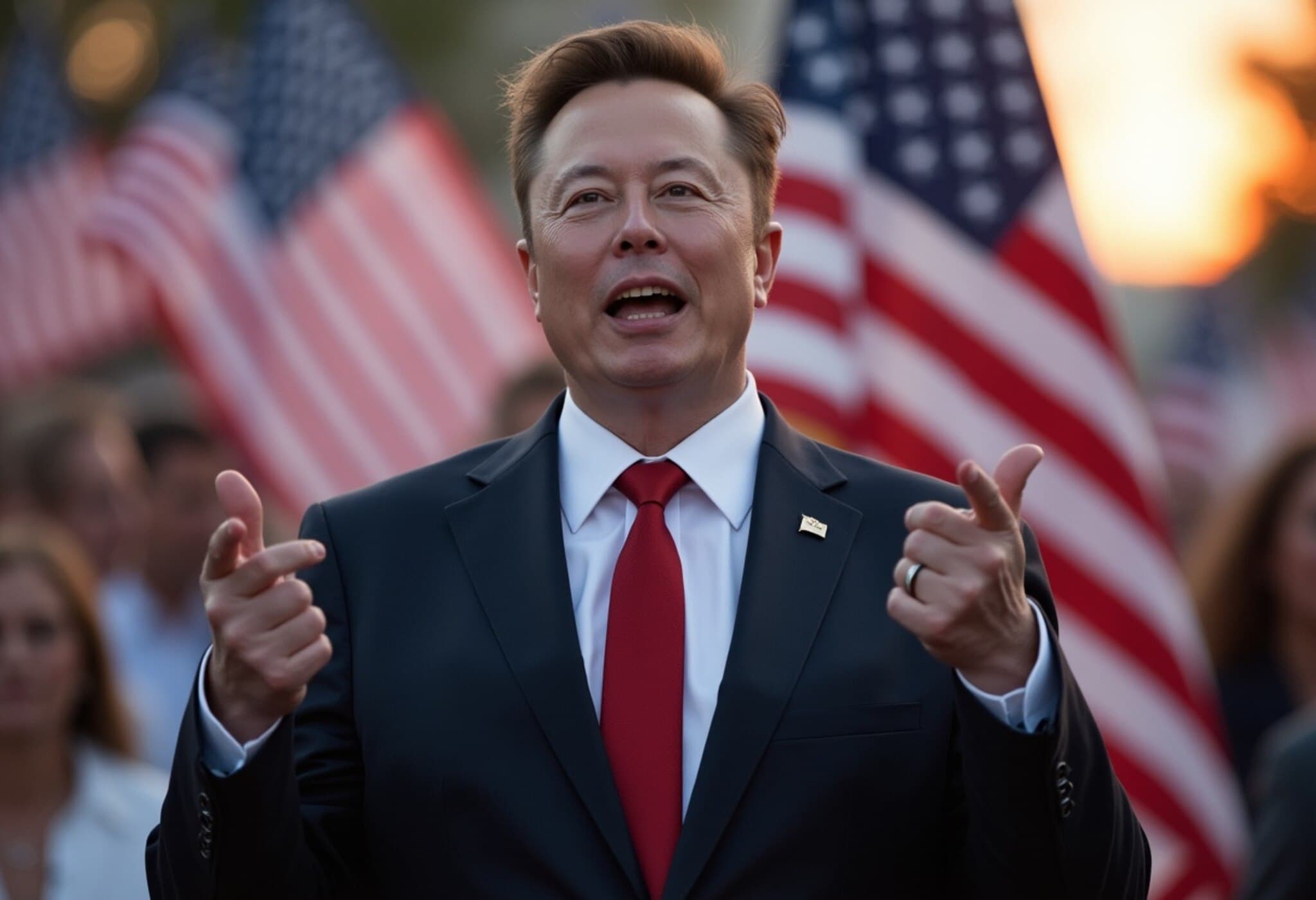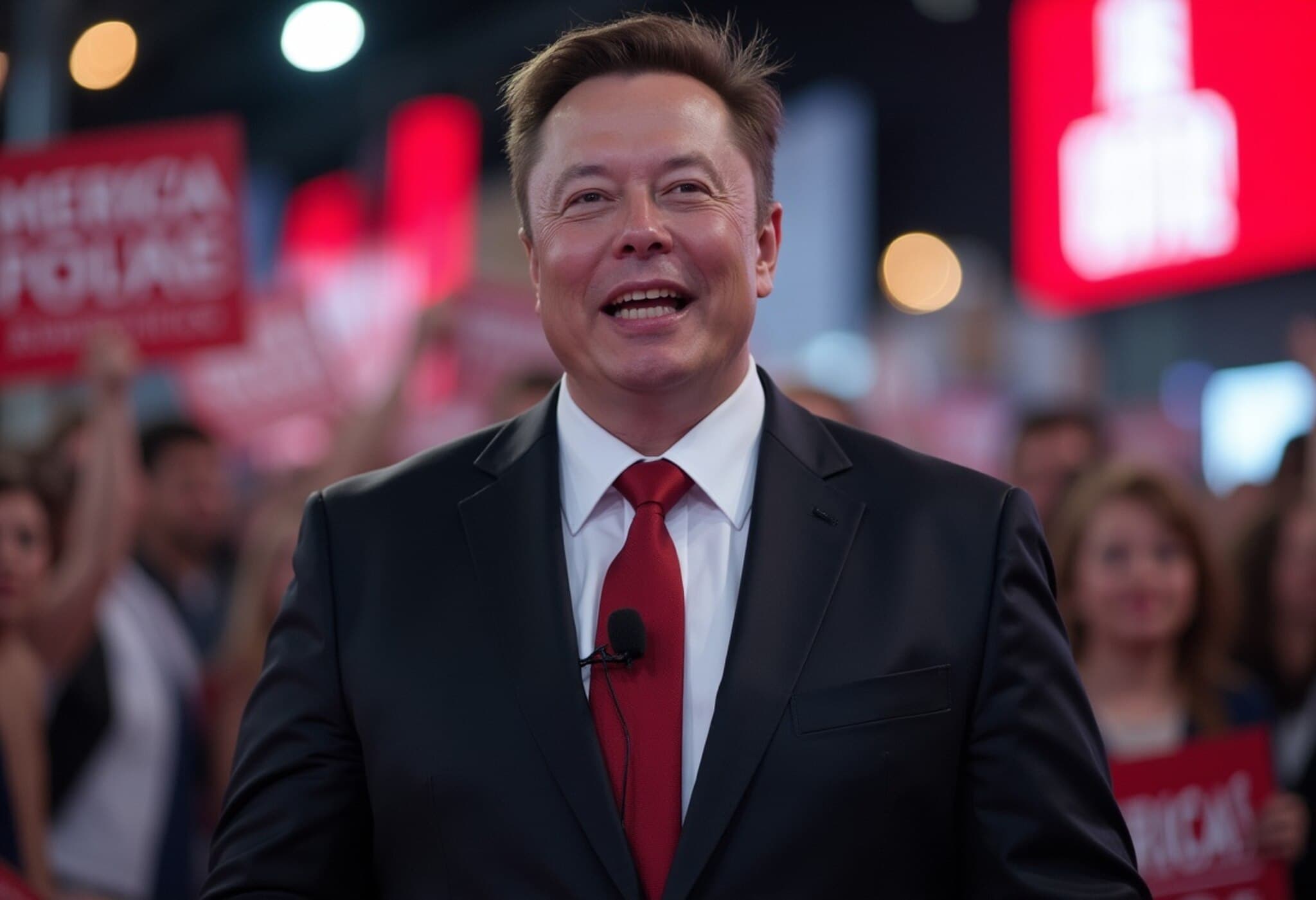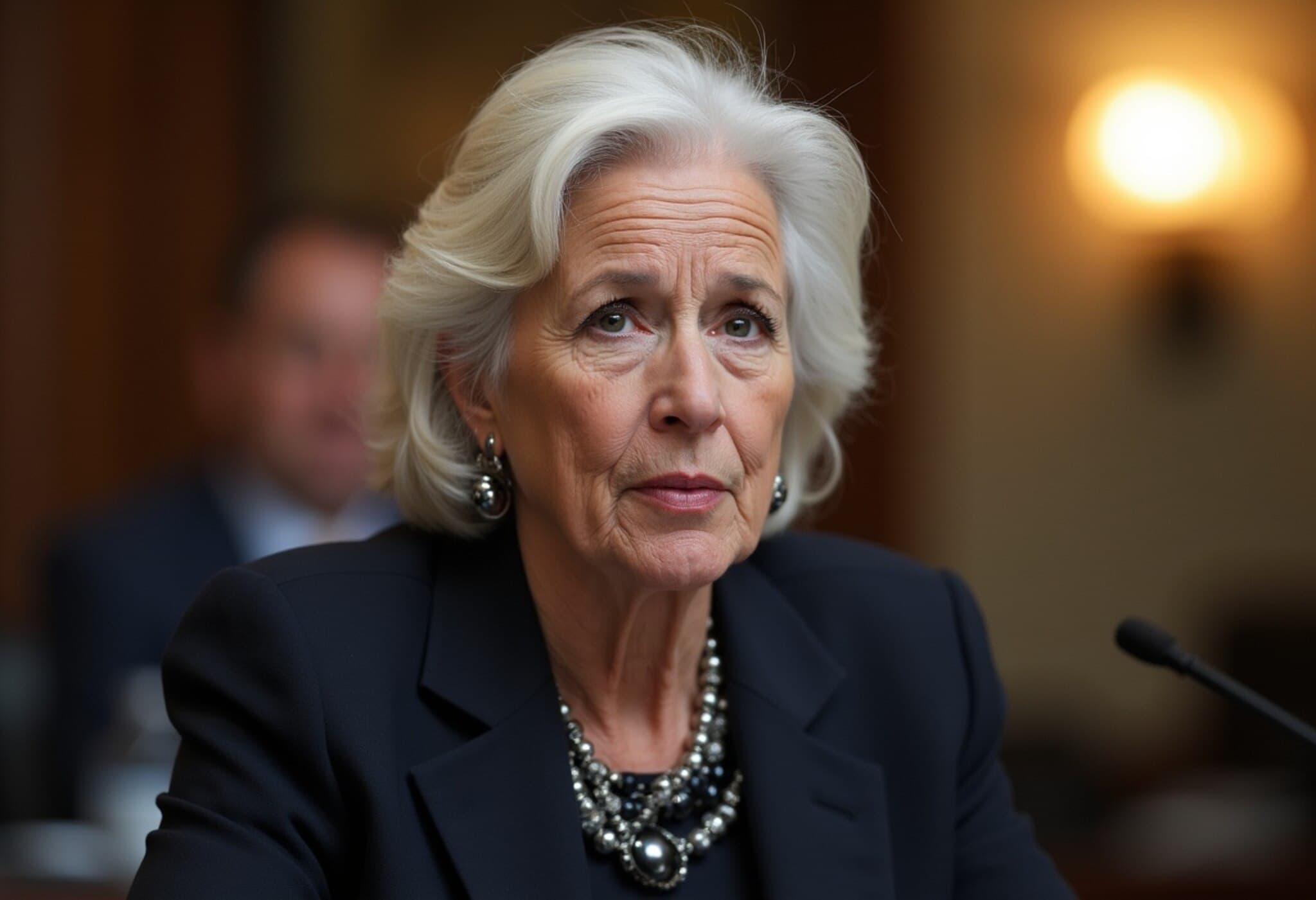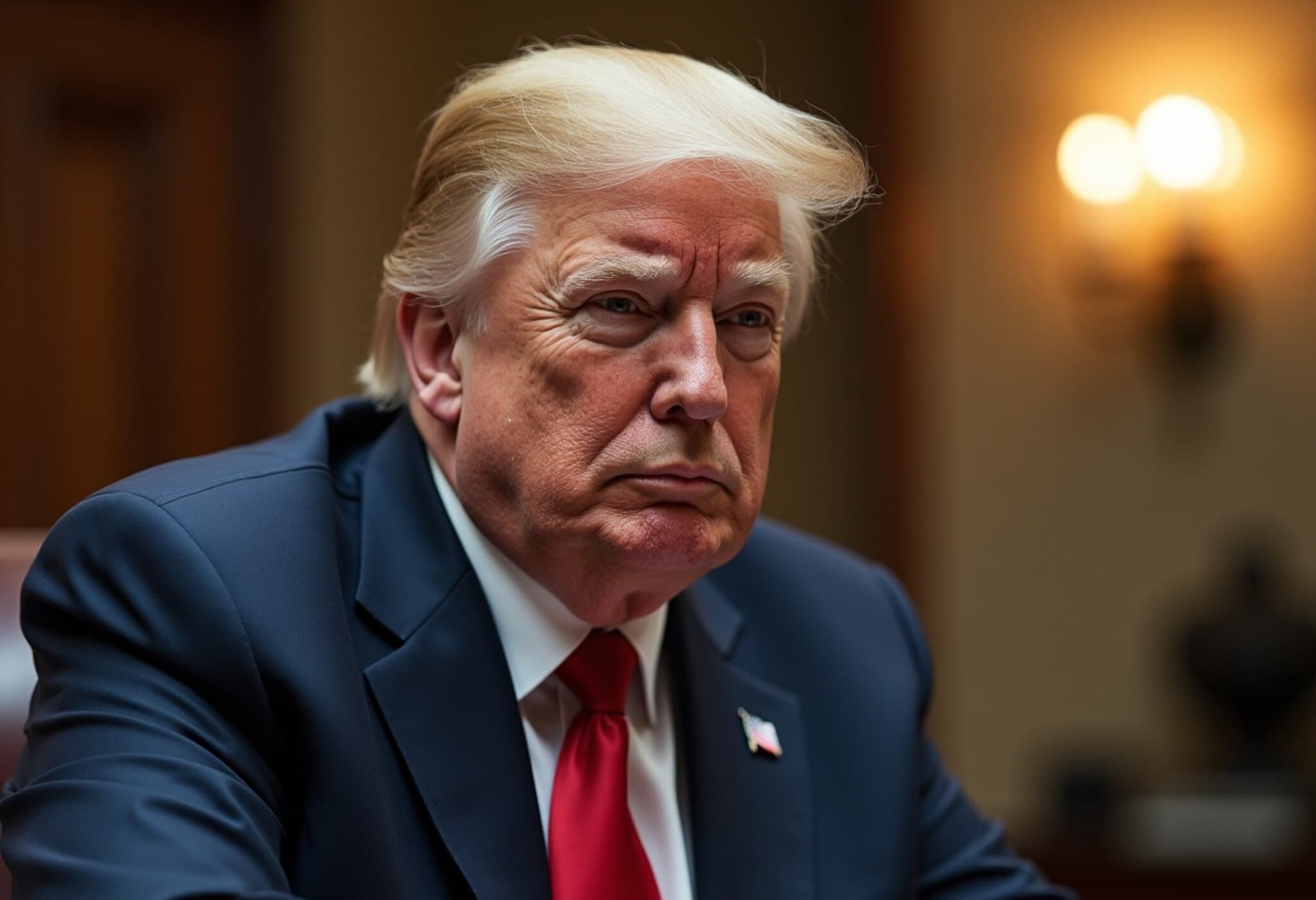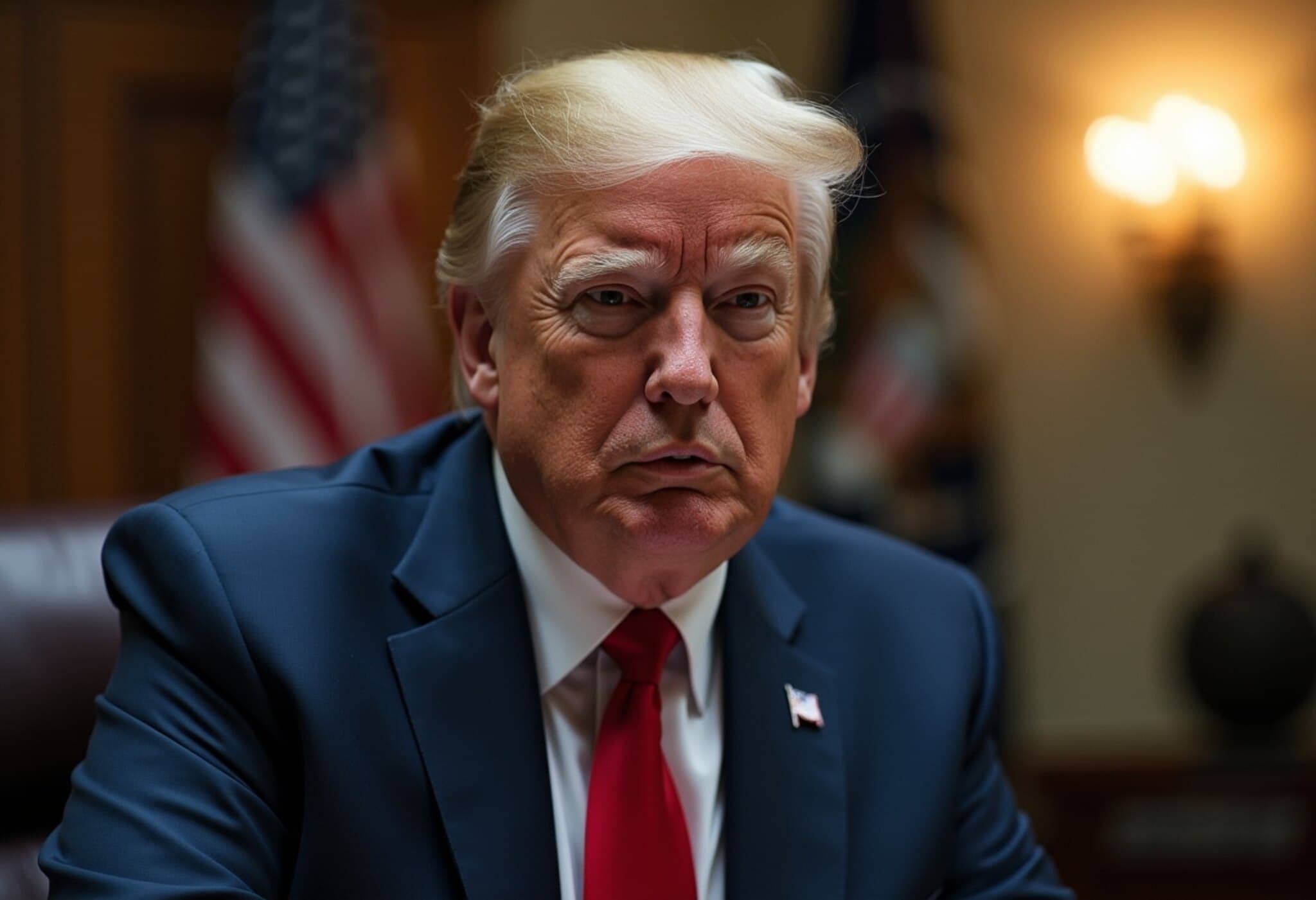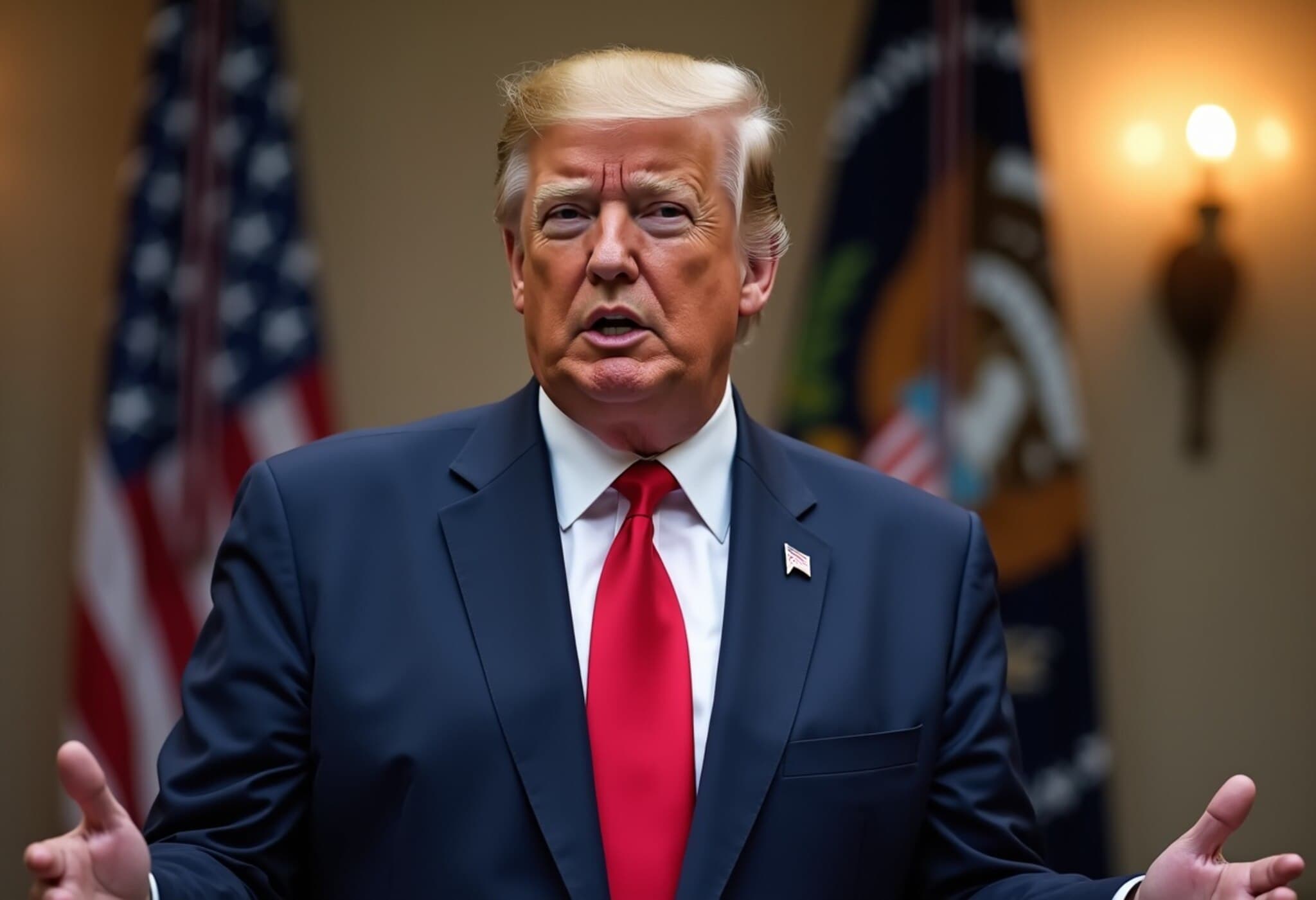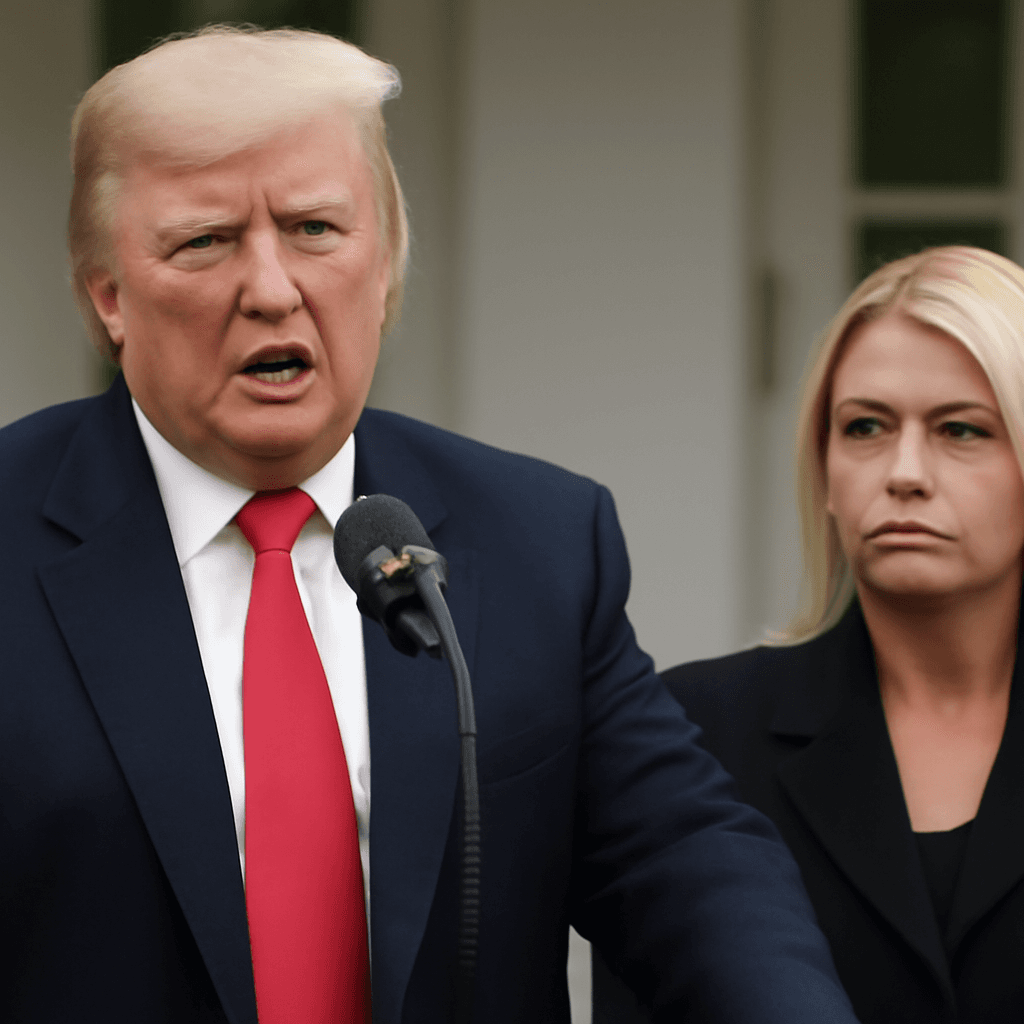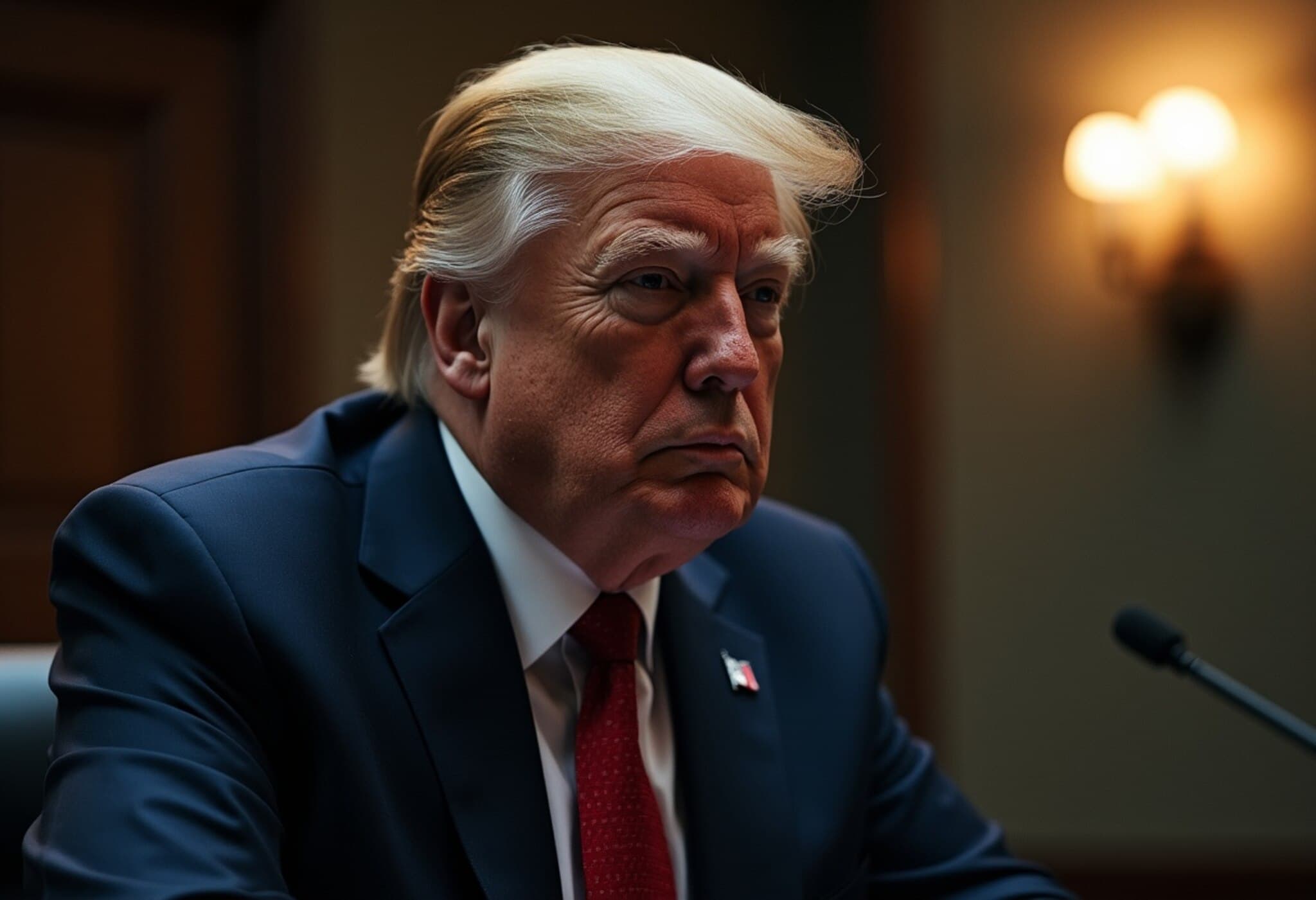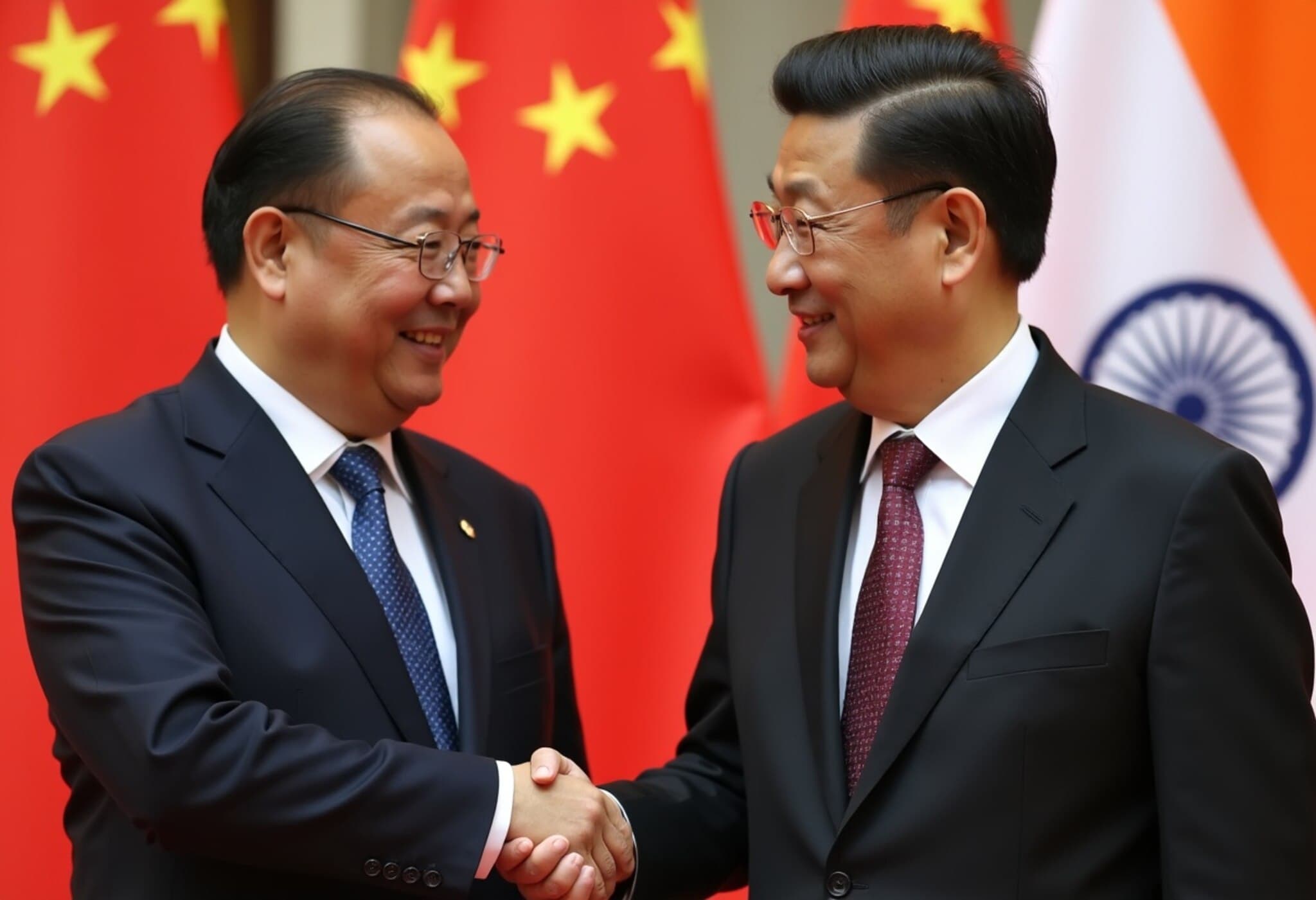Trump Affirms Support for FBI Deputy Director Dan Bongino Amid Epstein Investigation Turmoil
On Sunday, President Donald Trump publicly reassured his supporters by confirming that he had spoken with Deputy FBI Director Dan Bongino amid rising tensions within conservative circles over the Justice Department’s handling of the investigation into Jeffrey Epstein’s death. With Epstein’s high-profile case still fueling conspiracy theories and political discord, Trump’s comments aim to quell unrest among his base.
Responding to questions about rumours of Bongino’s potential resignation, Trump told reporters, “Oh I think so… I spoke to him today. Dan Bongino, very good guy. I’ve known him a long time. I’ve done his show many, many times. He sounded terrific, actually.” This display of confidence underscores Bongino’s standing within certain conservative ranks and among Trump’s allies.
Clashing Views Within DOJ Over Epstein Probe Closure
Recent media reports have spotlighted a conflict between Bongino, a former conservative podcaster turned FBI deputy, and Attorney General Pam Bondi. The dispute centers on the Justice Department’s decision to close the Epstein investigation without releasing new files or revealing the identities of alleged associates tied to the convicted sex offender’s network. According to sources from Fox News and NBC News, Bongino’s frustration peaked in a reportedly heated exchange with Bondi, prompting speculation about his future at the bureau.
DOJ Memo Denies Evidence Supporting Epstein Conspiracy Theories
Adding fuel to the debate, a Department of Justice memo released last week firmly rejected many conspiracy theories that surfaced after Epstein’s death in federal custody in 2019, which was officially ruled a suicide. The government’s internal review found no credible evidence of foul play or a so-called "client list" implicating prominent individuals, much to the disappointment of Epstein’s critics and conspiracy theorists alike.
Bondi had previously raised expectations within the MAGA community by promising revelations of “a lot of names” and “a lot of flight logs,” references to Epstein’s infamous social connections. The memo’s inconclusive findings, however, sparked backlash from key figures, including Bongino, Elon Musk, and far-right commentator Laura Loomer, who accuse the DOJ and FBI of a lack of transparency.
Contextual Insight: The Impact on Conservative Trust in Justice Institutions
The Epstein case continues to be a lightning rod for mistrust in federal institutions within right-wing American audiences. Bongino’s oscillation between insider leadership and outspoken critic reflects the broader tension many conservatives grapple with: balancing belief in accountability against perceptions of political cover-ups.
From a policy perspective, this episode underscores the challenges justice agencies face in managing high-stakes investigations under intense public scrutiny, especially when conspiracy narratives have already taken root. It also highlights the growing influence of media personalities-turned-public officials like Bongino, whose dual roles blur the lines between commentary and governance.
What Remains Unanswered?
- Will Bongino’s apparent dissatisfaction lead to substantive reforms within the FBI or the DOJ's handling of such cases?
- How will the MAGA base reconcile internal disagreements when key figures such as Bongino and Bondi are publicly at odds?
- To what extent will continued conspiracy theories impact public trust in federal investigative processes?
These questions remain critical as Epstein’s shadow continues to influence political narratives and justice system perceptions in the United States.
Editor's Note:
While official conclusions firmly deny conspiratorial elements in Epstein’s death, the persistent doubts voiced by influential conservative figures like Dan Bongino reveal a fractured trust in government transparency. This episode invites readers to consider not only the facts behind Epstein’s legacy but also how political and media dynamics shape public understanding of justice—raising important questions about accountability, institutional credibility, and the power of narrative in modern American politics.

